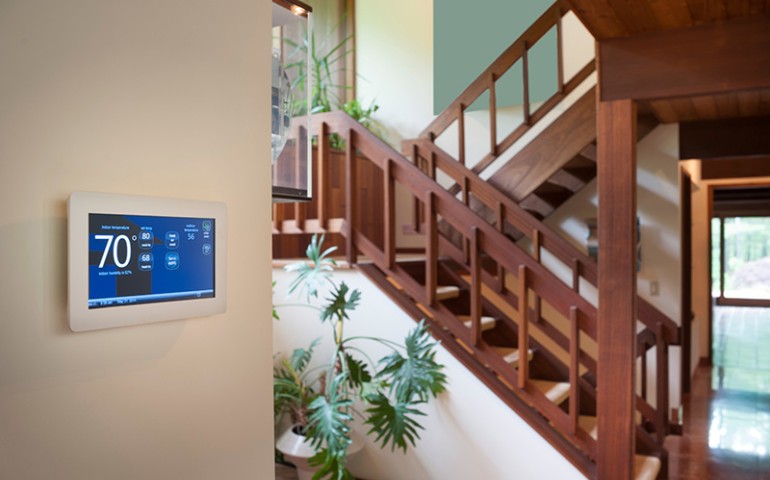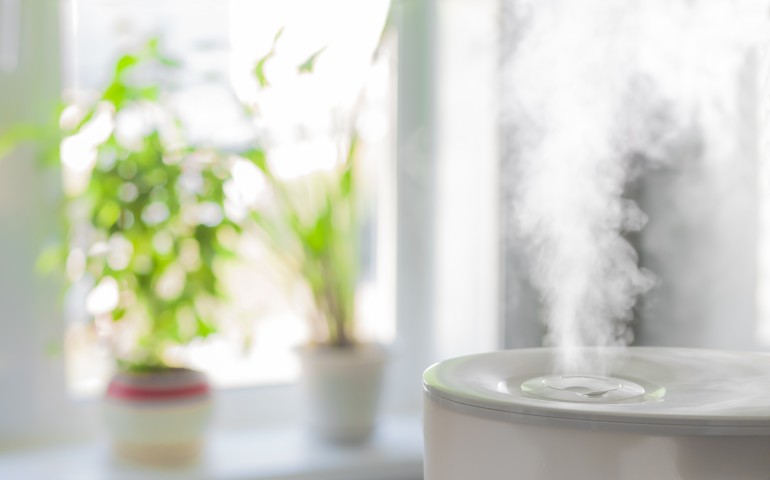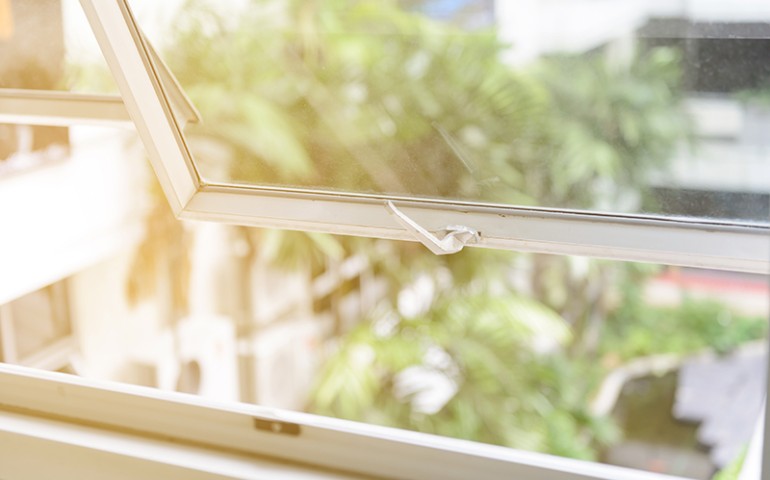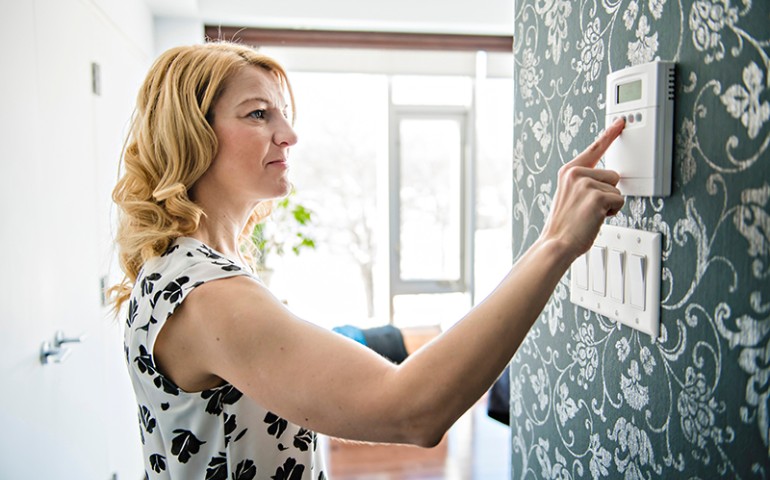Your home’s air conditioning system may show some startling signs at times. For instance, it can leak water. You may think that a part inside your air conditioner has broken or malfunctioned. You may not have to dial a repairman right away as long as you are able to detect what is happening and fix it.
When your air conditioner’s evaporator coils meet warm air, it will gather moisture. It will then send it to the condensate pan for drainage. This is a normal process and it should not worry you. If there is too much condensation, leaks too much, and fosters mold and mildew, there may be a bigger issue.
Leaking On Hot Days
On the hot days of summer, your air conditioning will run at all times to keep the temperature cool. It will dehumidify the place by gathering the warm, humid air and swapping it for cooler air.
There is more humidity taken in during times of warmer temperature. Because of this, your air conditioner will produce more condensation than usual. That may cause your condensate pan to overflow. If this occurs often, contact an HVAC professional. You can discuss better ways for your air conditioner to cool your home.
A Restricted Airflow Will Freeze Condensation
Business hours
We offer 24 hour emergency service! Please call (847) 792-1019.





